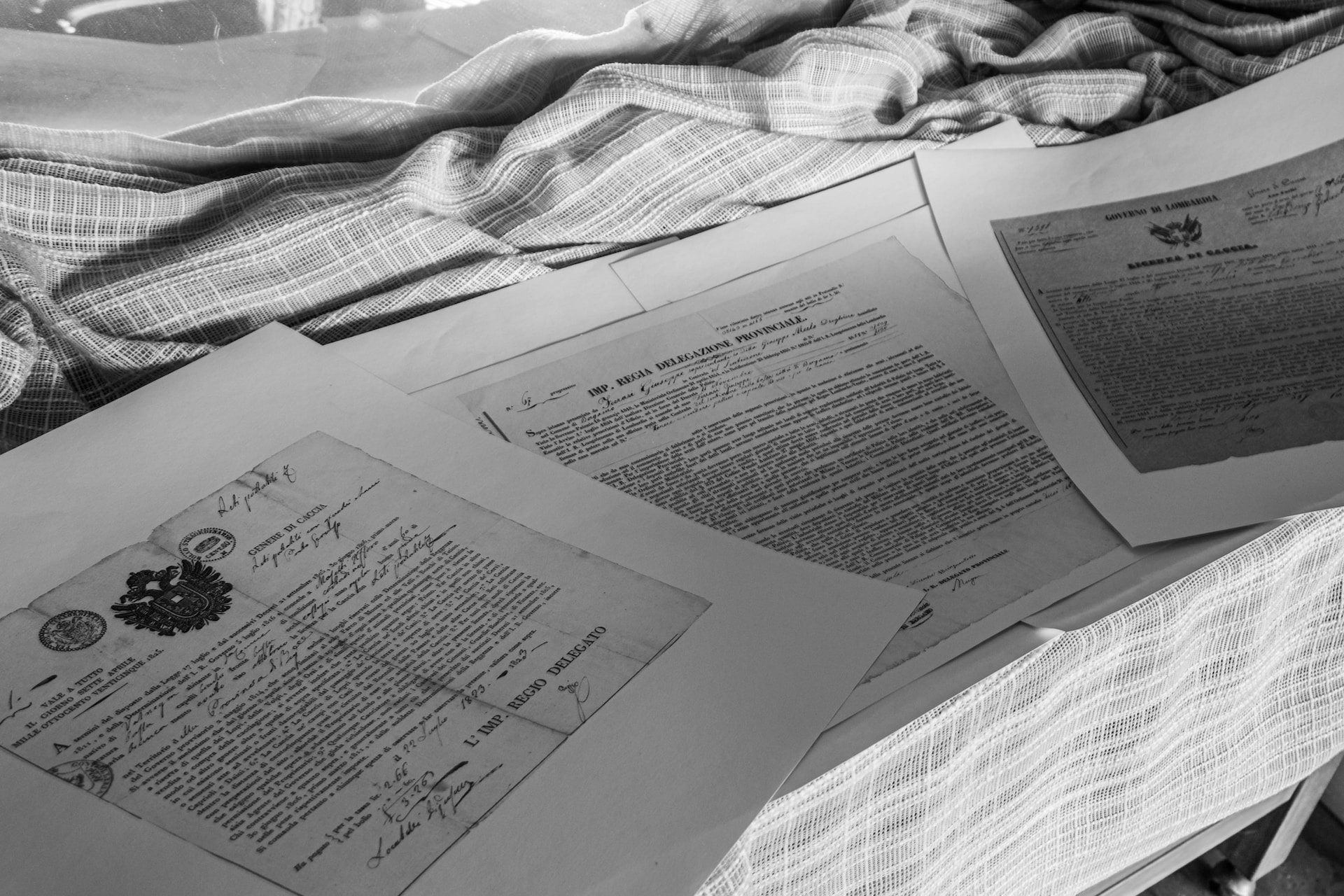
22 May What Are the Different Types of Forgery?
One of the common types of white collar crimes is forgery. There are many different kinds of forgery, and while the movies make it seem like art and money are most commonly forged objects, the truth is much less exciting.
The most commonly forged items are actually documents—especially identity documents, like fake IDs. But forging a prescription, a check, or even a ticket to a sold-out concert could get you into big trouble.
The penalties for forgery can include prison time, probation, and fines. In fact, forgery is usually a felony, and most convictions carry sentences of four years in prison. So if you have been charged with forgery, you need to contact a criminal defense lawyer right away.
Different Types of Forgery
Arizona law defines forgery as:
- Falsely making, completing, or altering a written instrument
- Knowingly possessing a forged instrument
- Presenting a forged instrument with the intent to defraud
Faking any kind of document or “written instrument”—whether it’s electronic or paper—can qualify as forgery. This definition of “forged instruments” also includes objects like art, currency, and ID cards.
Counterfeiting
Counterfeiting is the crime of creating currency (money). Participating in any part of counterfeiting (creating the plates needed to print currency with a press, coding a computer or printer to print currency, sourcing the specific paper for currency, or using counterfeit currency) is a crime. Whether it’s U.S. currency or another country’s currency, you can be charged with counterfeiting in Arizona.
Image Forgery
This type of forgery is the act of tampering with digital images—such as photographs or documents—and manipulating them for malicious purposes.
Art Forgery
Duplicating any form of art with the intent to sell it as an original is one of the best known types of forgery. It often goes hand in hand with document forgery, as most art sellers require provenance (documentation of ownership) to prove authenticity.
Document Forgery
There are many types of document forgery. If you fill out a form with false information, alter an existing document, or make false documents from scratch, you can be charged with forgery. Here are a few examples of document forgery.
Blank Document Forgery
Filling out an empty document with false information is blank document forgery. For example, filling out a credit card application in someone else’s name can be a type of forgery.
Altering Documents
Changing the information or images on an existing document is also forgery. Examples include altering the birthdate on a driver’s license, changing the photo on a passport, or using a fake ID.
Making Documents
These forgeries are completely homemade, and in some cases—like a DIY driver’s license—they are the easiest to spot.
Borrowing Documents
Using a borrowed, found, or stolen document and passing it off as your own is also a type of forgery. It is most common among young adults who want to drink at clubs and bars who “borrow” an ID from an older sibling or another family member.
Forged Tickets
Well on its way to becoming the most common type of document forgery, this type of forgery includes creating faked paper or electronic tickets for shows, concerts, or events.
Punishment for Forgery
While the movies might portray a good forgery as a work of art, the Arizona penal code disagrees. Most types of forgery are class 4 felonies and can land you in prison for up to 15 years. There will then be probation for up to 3 years, as well as hefty fines to repay.
Penalties for different types of forgery:
- If the forgery is in any way associated with the purchase or rental of a drop house (a place used for trafficking illegal goods or people) it is considered a class 3 felony. This crime carries prison time of up to 25 years, with 3 years of probation and heavy fines.
- If you are found in possession of a forged object, or in the process of creating an object that can be used to make forgery, you could be charged with a class 6 felony. This conviction carries 3 months to 5 years in prison, possible probation, and fines.
- Forging code or software is a class 5 felony, with 6 months to 7 years in prison, possible probation, and fines.
- Forging tickets to events is the only type of forgery that is a misdemeanor. It has a maximum of 6 months in jail and $2,500 in fines.
Defense Lawyer for White Collar Crimes in Arizona
Navigating the Arizona criminal justice system is difficult, and if your lawyer is inexperienced, you might wind up in prison. But having a lawyer who knows all the ins and outs of the complicated Arizona justice system could change the outcome of your case for the better.
With over 25 years of successful defense experience, Todd Coolidge believes in always fighting for you. His team gives every case the attention and care it deserves. If you are facing charges of forgery in Arizona, contact us today for a consultation.
Images used under creative commons license – commercial use (5/21/23). Photo by MicheleAroundTheWorld on Unsplash.




